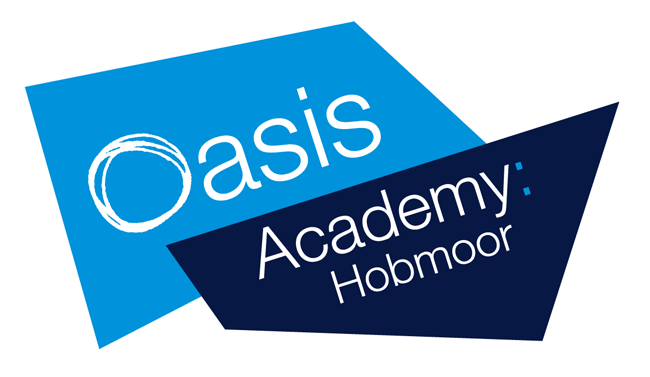

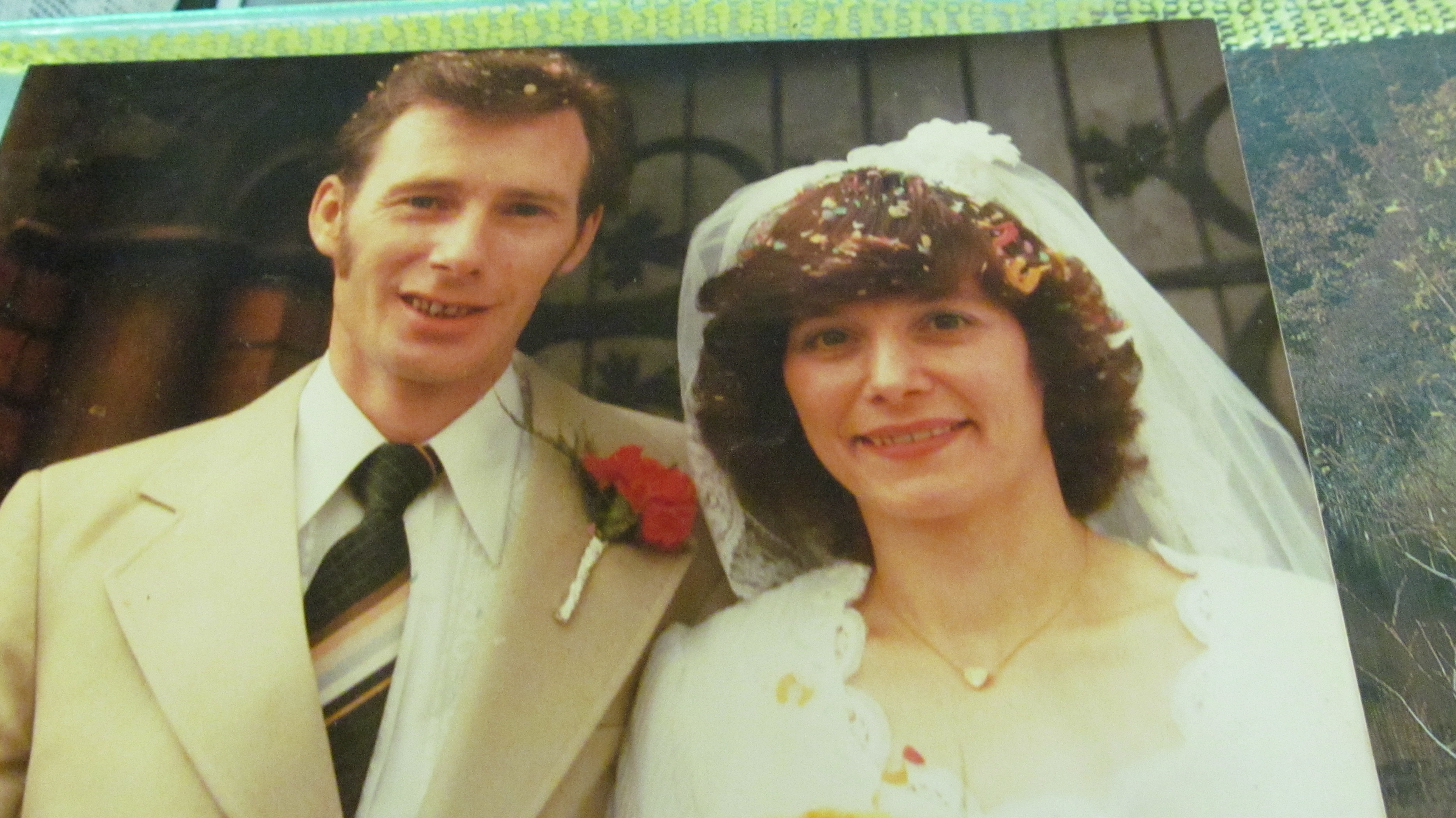
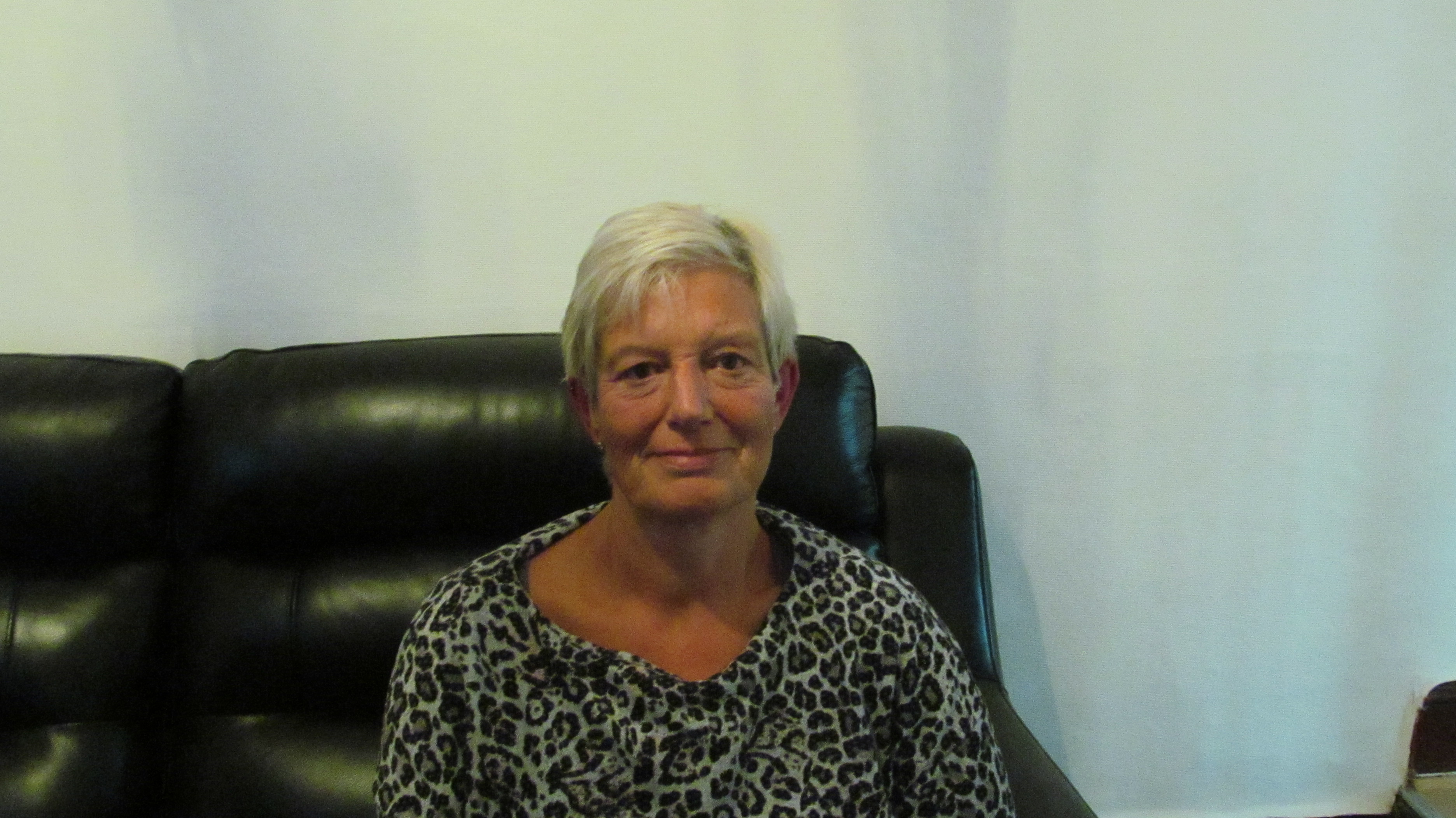
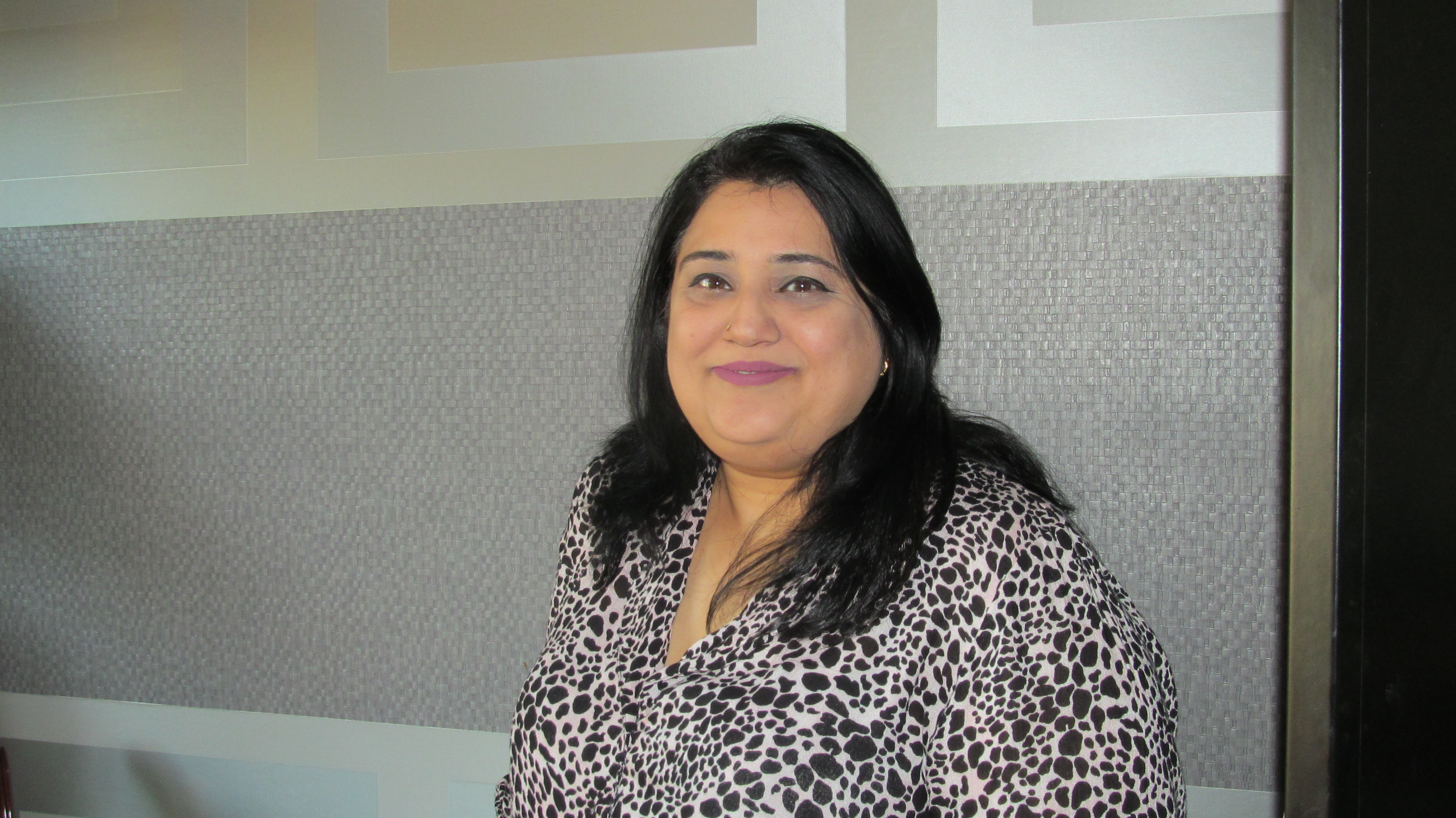
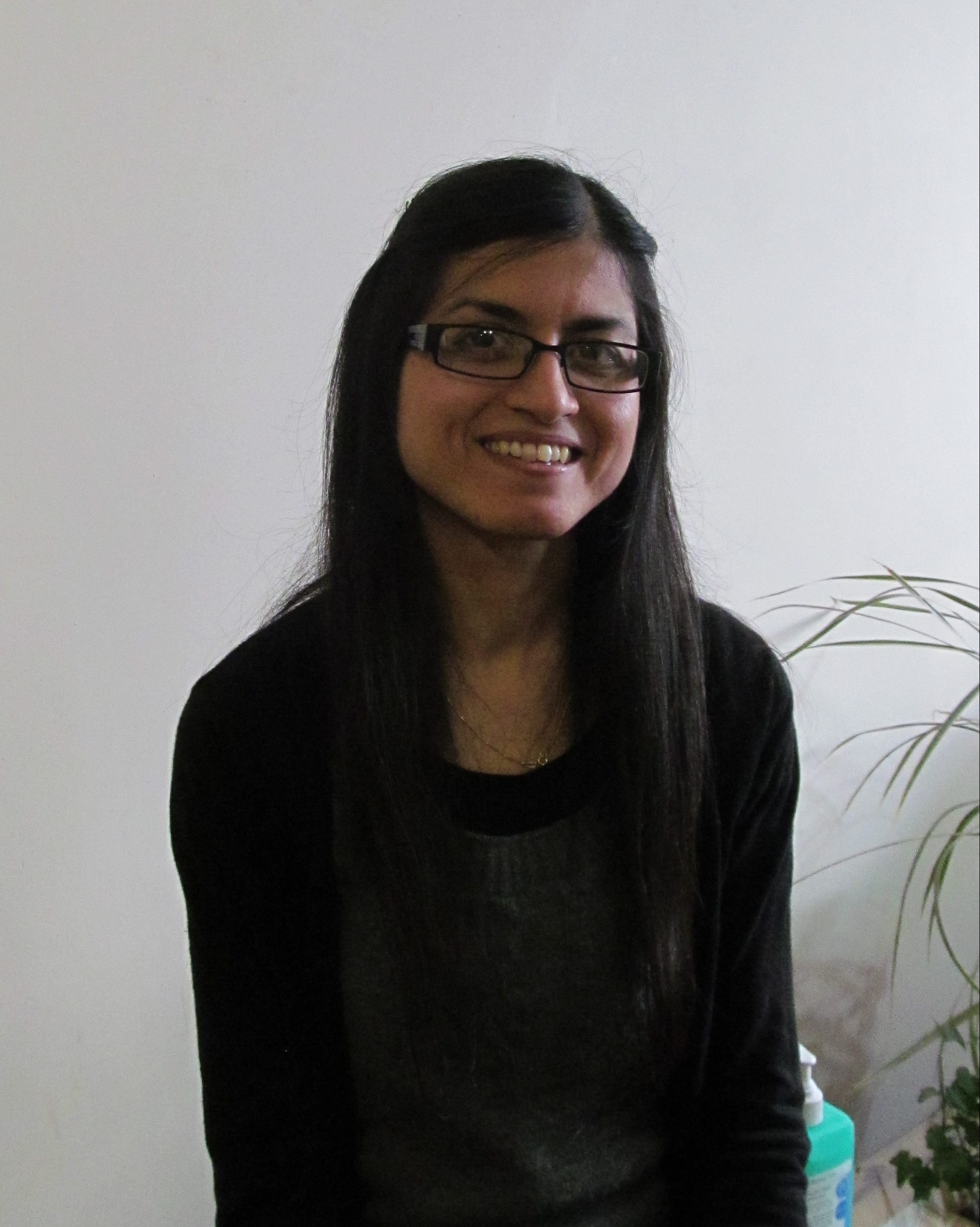
OK? So we’ll just start. If you want to tell me your name and your date of birth.
Yep, it’s, er, I’m Faith Ryan born in 1964.
And how long have you lived in Yardley, Faith?
Er, since 1967.
OK, so what, what was your earliest memory of Yardley?
I can remember when I was about five, erm… I was at, I was at school. That was it actually, in Hay Mills my school was. And, erm, I’d got to write a story and I wrote a story about the trees from across the road from my house and, er, apparently they were growing bananas [laughing] so that would probably be my earliest memory of the area.
What… what were the insp… what was the inspiration for the bananas?
I don’t know but I’ve always liked fruit [laughing].
OK. So in terms of where, where you live what, what brought you and your family to Yardley?
So we’d had, er, quite difficult circumstances. When my brother was four and my other brother was two, and they’re six and four years older than me, erm, my mum became homeless and lived in a… a hostel and at that time, erm, they would only house, er, women and children and so she had to be separate from my dad. Erm, then they were living in pr… a property in Lozells that was essentially being, erm, demolished. And so they’d got to move out of the area. And a lot of people moved on to new estates like Castle Vale, erm, and Chelmsley Wood I think was another one people went to. Er, but mum was offered the property here and at the time she was extremely distressed because it was so far away from where she was used… I mean, now it seems very close because you can get there in fifteen minutes in the car, but then it was two buses, it was out of everything that she knew. Erm, so yeah, it was essentially… it came out of like, you know, homelessness and potential homelessness.
And what, what was your own first impressions of, of, of the area? Were you impacted by your mum’s situation and her perception or were you oblivious to that?
I was completely oblivious to it. I mean uf… I was only three when I got here and I have no, I have no recollection of… of the house. I mean my brother has, erm, talked about the day, you know, we moved in and the fact that we’d got two big gardens and, and, and… erm, growing up there as a child my very clear recollection is the number of children around our age. So I could go… out… I could do a list of people from my house all the way up and down the road and there would be children, erm, all of… in every year in the school in…in, who lived in my street. Yes, lots of kids.
And did… do… what, what… was it good being in that environment, having lots of children around?
Yeah, yeah. Yeah.
Er… did you, er, play with the local children?
Oh yeah, yeah. We used to play tracking, erm, which, like, at the time it seemed like the height of excitement but, er, now I realise we were just drawing arrows on the ground and, er, chasing each other around but we loved it. And there was… there was like a gully behind some of the houses, the owner-occupier houses across the road from us, and we used to do… er, used to go round there quite a bit. Erm, I can remember coming up to the park and playing up at the, the park on, erm, Holder Road. And, erm, but also… this park here.
Where, where Oaklands is?
Yeah, yeah. And, erm, and also, erm, playing a lot in the grove, which is interesting; when I look at that grove now you couldn’t play in it because there are so many cars. There were no cars, no-one owned a car. And, er, so we’d do all sorts – we’d play, erm, rugby, cricket, races, kerbies, yeah, where you throw a wall and hit the… the kerb opposite. I was the champion kerb queen. Erm, and we would just… and then I can remember we, my family, we had to come in early and I can remember sitting in the bedroom window and talking to kids who were still out playing on the street. Erm, there were always loads of kids around, always loads of kids. And dogs, you used to get packs of dogs [chuckles].
And did… did you go to school locally?
Fairly locally, I went to Redhill which is in, erm, Hay Mills rather than Yardley. And then at secondary school I went to … erm, Waverley which was, at that time, on the Hobmoor Road, just in, erm, Small Heath.
So were… oh right, so that didn’t actually come under Yardley, it was [4:52]..?
No, no, no, it was just in Small Heath, yeah. Yeah, yeah.
[4:54]
Right, OK. And what sort of changes have you seen in your street or in the local area in the time that… you know, you’ve been living here?
OK, so a huge change… there was a huge change, there was a pub called the Hobmoor pub which was demolished and houses were built. And I can remember when that pub was there, Friday and Saturday night was very entertaining. Nobody in my house drank ‘cause my mum… my mum and dad had separated, erm, but there would be almost Andy Capp style fights going up the road home from the pub at sort of ten, eleven o’clock at night on a Saturday night. I can remember, erm, one fight outside what was there then was a chip shop. So there was the pub, a chip shop and a corner shop, and outside the chip shop there was a fight and sadly a young man lost his life and a lad who lived round the grove from me was convicted of his murder. So… so there was a lot of drink related violence that you would see. I wasn’t disturbed by it but it was, it was certainly there. So the pub’s gone now so you don’t see that. Erm, the chip shop’s gone now and the corner shop has gone, they’ve all been replaced by housing.
Erm, when I was growing up we were the only, erm, Irish family who lived in the area and so, erm, but …all… everyone… a, there was no black people living here, there were no Asian people living round here, they were all white. Erm, so that’s one huge change. Now on our road we’ve got Somalian families, erm, Asian families, errm, Polish families, er, so we’ve got all… you know, all over, er, whereas when I was growing up they were all …pretty much indigenous. Erm, and now the big change now is drugs. You see drugs deal… drug deals being done on the corner; you see cars driving up, zooming up and queues of people and drugs deals are being done. Erm, but you don’t see… erm… And the other big change, and I don’t know why this is, but you used to have, like… neighbours would come out and they’d… if they had a problem with each other they’d come out, they’d have a slanging match and that’d be it. Erm, and… and it was kind of accepted, no… nobody took umbrage, it was just kind of, you know, erm… And so you would see… you would see arguments on the street quite a lot and you don’t really see that. But you would also see great neighbourliness. But that, for me, is not different. I still think where I live there’s a lot of neighbourliness. My neighbour next door but one brings me little bins in for me, you know, after the bin men have been. Erm, so there’s still a lot of neighbourliness but there was… there was quite a lot of violence, yeah.
And you would say that drug related crime has replaced drink related crime?
Without… yeah, yeah. Yeah. Yeah, yeah.
Yeah? OK. And have, have you lived here, then from the age of three until now or was there…?
Pretty much. I l… I… er, left for a short while but I still was living in Yardley. Erm, I lived in…
Where… where did…?
Er, I lived in, erm, Kennerley Road which is round the back of the Swan.
Right, right.
[8:25]
And then I lived in Stechford, but only for about a year. And then I lived in Acocks Green for a few years ‘cause my daughter went to school there. Erm, but my connection with Yardley never disappeared because I… my mum lived, erm, in the house that I live in now and I would go there every night for my dinner. So, erm, I would… you know, I used to still… come, come there for a couple of hours every night, be there most weekends, still mix with all the neighbours. So my connection to the street has been consistent since we moved in, yeah.
And how, how did life in Kennedy Road differ from, er, where you are now and where you grew up?
OK. So it was much more affluent. Erm, there were, er, professionals living on that road so, erm… one of the houses there was a doctor and a solicitor living there. It was a new, erm, housing development. Erm, and… so it was very quiet. Erm, there was still quite a bit of… I got on very well with my next door neighbour so there was still quite a lot of neighbourliness but there were certainly no arguments on the street, there were no… there was no brawling on the street. All of the entertainment [chuckles] was missing [laughing]. So, erm, yeah, very different.
And did, did you specifically choose to move to Kennedy Road for those reasons, because it was a different area or… or a different area in Yardley?
No. No, I… I was looking to buy a house, erm, I didn’t like DIY so I wanted a new house, but I wanted the house to be close to my mum’s house because my mum was ill, erm, she had a disability. And so… and it was back in the day when you would often get winters with quite heavy snow and I wanted somewhere where I could walk to my mum’s house if it was heavy snow. And so it was only a mile away… yeah.
And what, what was the reason that you moved out to begin with?
So … erm, I was getting married, got married.
OK. OK.
I was quite happy to stay there but, er, my mum and, er, my husband both insisted that I’d got to leave [laughing].
[Laughing]And, er, now you’ve ended back in… in the family home.
Yes, yeah. My mum… my mum became… my mum’s health deteriorated and, erm… because of my circumstances at the time it just made sense for me to move back to my mum’s house to care for her.
How long have you been back at your mum’s house?
Since 2012, so five years now.
And… the… the differences that you’ve already said, you’ve noticed those?
Yeah, yeah.
Quite remarkably.
Yeah.
Were, were they developing or were they obvious to you in the time that you moved away or…?
I could see them more when I moved away, er, it was more apparent to me. The other thing that’s ah… that’s changed, I should mention as well, is gardens. When I lived there people took a great pride in their gardens, they were beautifully, really well kept, privets were trimmed to within an inch of their life, erm, borders were well-flowered, lawns were… v, very well-manicured. And now, erm, they’re, quite badly overgrown, you can’t walk up and down the street because of the privets overhanging the pavement. And that sort of pride in the area has gone. Erm, and…. you know… and that sort of started about my generation because it was the generation before we moved in, they were the first residents there pretty much and in order to get one of these houses, um, from the Council you had to have a certain wage. So it… it was like upper working class, so skilled… skilled workers, erm. And… yeah, so that… that’s something that’s changed about the area, people don’t… And I think the other th… the other thing that’s caused that change as well is a lot more privately rented so you don’t get the stable community that you did when they were Council owned.
OK, so what, what, to you, would be the biggest …plus of being in the area? Your… your… you know, the thing that you hold most dear?
Oh, for me, erm … w, without a doubt the familiarity and the neighbourliness. I love the fact that I know who my neighbours are, that I’ll pop in and have a cup of tea, erm, that if… if I need something taken in then somebody’ll take it in for me. Erm, when my mum was ill, if an ambulance came to the house one of my neighbours would come round and say, ‘Is your mum alright? We saw her…’ so that. The friend… you, know, the friendliness. I’d consider… two or three of my neighbours I’d consider them to be friends.
And what, what, what would you say would be the worst aspect of living in the area?
Well… other people see it as a rough area and I can see… intellectually I understand that but I’ve never felt… I’ve never felt unsafe. Erm, but… but it is an area I know, again intellectually, I know that there, there is crime going on. Erm, I only have to look at the number of times the house across the road from me is raided by the police to, to know [laughing]. But er… but it’s kind of, erm… [tut] not the kind of crime where you feel you’re at risk. So I don’t feel my personal safety is at risk, I don’t feel that my house is likely to be burgled, it’s not that kind of crime. If, if you’re… it’s kind of … it’s the kind of crime that if you’re not… if you’re not a drug user you’re very much out of the loop. So I’ve never felt at risk there but people who don’t know the area would probably feel at risk there.
OK. Have you got anything else that you want to say about the area, your experience in Yardley?
Yeah, I think one of the really positive developments recently has been the, a, the development of the, the Oaklands Park. Erm, and that has changed quite a bit as well because it… there, there used to be a bomb peck in there and it was very unsafe. Erm… we knew as kids not to go there on our own because there were, you know, there were men who… who would do things to you there. And, erm, since they razed it, and paved it and put all the sort of outdoor equipment there you see a lot more people using that park than… than that… than used to. Erm … and, erm… yeah, so… I miss the… I do miss the corner shop though [chuckles].
Which one?
There was one across the road from us.
Right.
Erm, on the corner of, er, Allendale Road.
Erm… but, erm, no, I think that’s probably… everything.
Yeah. No, thanks for that Faith, that’s very good.
[End of Track]
Key
[time e.g. 5:22] = inaudible word at this time
[IA 5:22] = inaudible section at this time
[word 5:22] = best guess at word
… = interruption in sentence, trailing off or short pause


